Grow Your Own Food – Container Gardening
What if you want to grow your own food but you don’t have very much space?
Since we’ve already decided that everyone doesn’t have to grow everything, there are lots of options for growing something. It doesn’t matter how much space you have or don’t have. There are container ideas that will fit any size space.
Whether you live in an apartment and don’t even have a balcony or you rent a house with a tiny back yard or you own a house with some acreage, container gardening can be your choice for growing your food.
Apartment Garden
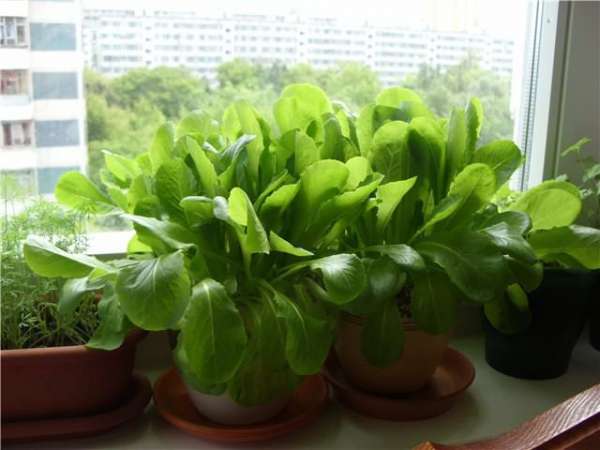
If you are going to grow vegetables inside, you need to find a place with as much sunlight as possible. If you don’t have a spot with sunlight, you can always use fluorescent lights or grow lights.
Depending on how much light you can supply your plants, that will determine what kind of vegetables you can grow. You will probably need to stick with leafy greens, something that doesn’t not need to bloom. Leafy greens are usually pretty quick to grow so you should be able to harvest frequently.
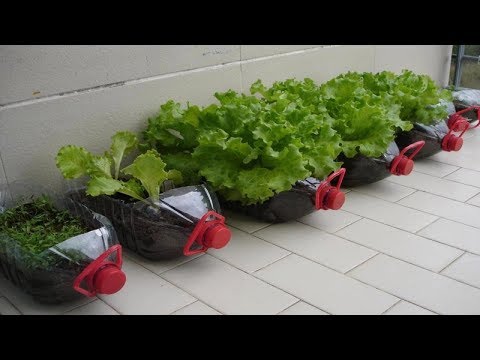
Patio Garden
Patios can be all shapes and sizes, but that’s ok, there are many different patio container garden ideas out there! With patio gardening, getting enough light for your plants should be easier, but patios can also have a lot of shade from trees or depending which side of the house the patio is on. You will want to make sure the vegetables you want to grow will get the sunlight they need.
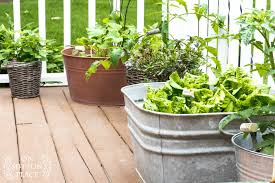
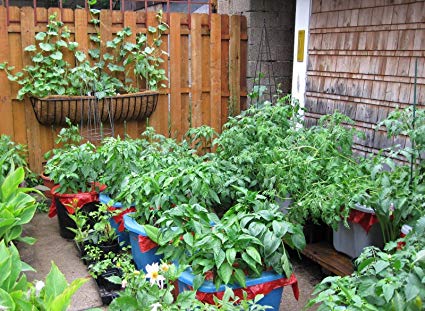
Some options for patio container gardening are using clay or plastic pots, storage containers, hanging baskets, plastic tubs, trash cans, or building raised bed containers. Your garden can be as big or small as you want it. If you are a beginning gardener, maybe start by growing one or two types of vegetables. Once you get good at growing those veggies, then you can expand in to other vegetables.
The important thing to remember is that gardening is not an exact science. There is no one size fits all formula for growing your own food. There are so many variables that we do not have control of, the biggest one is the weather. You can have a bumper crop of whatever you grow one year and barely harvest anything the next year…and the only thing that was different was the weather. You can do everything exactly the same each year and have totally different outcomes because the weather was totally different. As a gardener, you need to be able to adjust to the weather. Maybe one year you don’t have to water your container garden more than once a week, but the next year is really hot and dry and you need to water every other day.
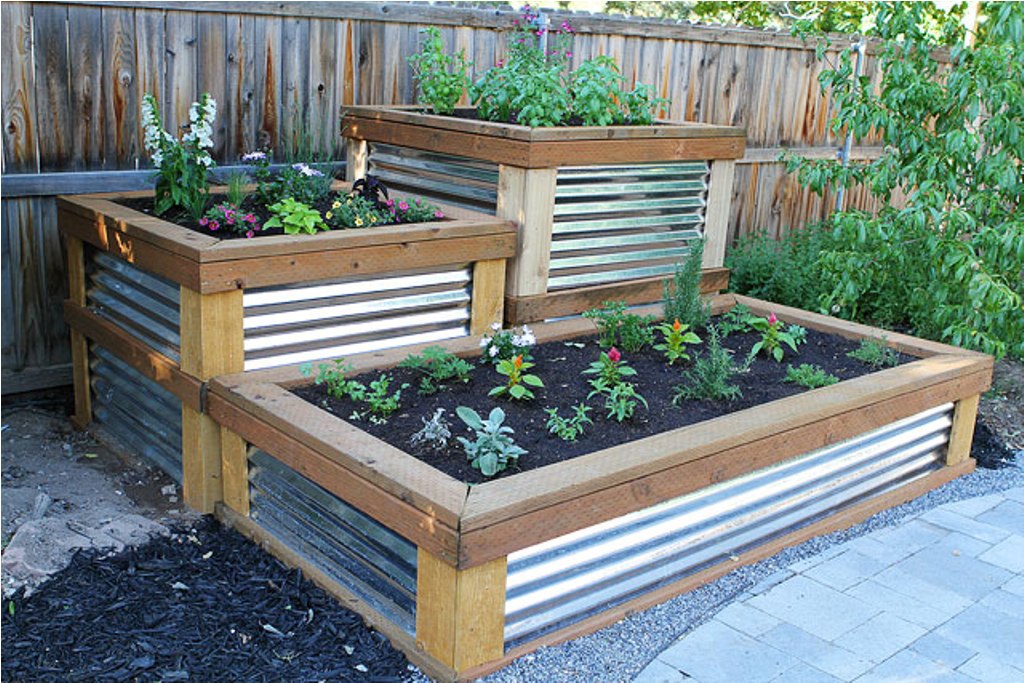
Basement Gardening
A basement or even a closet or spare room can also be a great place to container garden
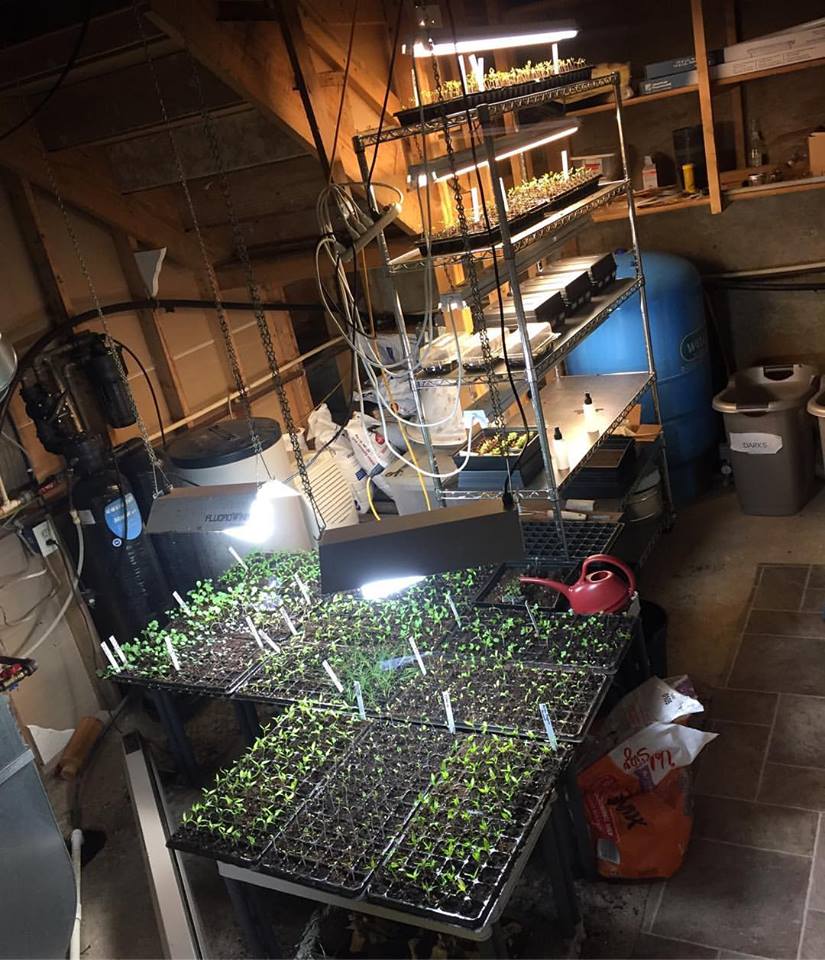
Having a garden in your basement can mean a few different things. You can grow vegetables year round in your basement, probably leafy greens like lettuce, kale, collard greens or maybe root vegetables like radishes, carrot, beets. These types of vegetables don’t require as much light as vegetables that need to bloom to produce a crop.
Another indoor gardening idea is to start your vegetables indoors early and then plant them outside when the weather is right. You can start most vegetables inside, tomatoes, peppers, cabbage, broccoli, eggplant, and many others.
If you are wanting to grow vegetables that require blooms to produce a crop, that gets a little bit trickier and more involved. They require more light just to be able to bloom, and then if you get them to bloom, the bloom will need to be pollinated before it can produce anything. Usually we rely on bees and other insects to pollinate the flowers of our vegetable plants. There are a few varieties that don’t require bees, but not many.
Tomatoes, for example, can be pollinated by the wind. So if you have a fan in your grow room, theoretically you should be able to pollinate at least some of the flowers. This may sound easier than it actually is though.
IF you get your flowers pollinated, that still doesn’t guarantee you will be able to harvest a crop. There are higher light requirements and temperature requirements that your vegetables will need to meet before you can harvest a crop. And remember, growing vegetables indoors doesn’t speed up the process, if you are growing tomatoes in your basement and get the flowers pollinated, it will still take a few months for the fruit to ripen.
I’m not trying to discourage anyone from growing vegetables in their basement, but I also don’t want you to think it’s a piece of cake. Whether you’re a beginner or a veteran gardener, it will take a lot of research to figure out the proper requirements for growing vegetables indoors. It can most definitely be done, but you’ll need to work at it. To me, growing outdoors is much easier when it comes to fruit bearing vegetables.
Many thanks very beneficial. Will certainly share website with my good friends. Dela Reggis Carrnan